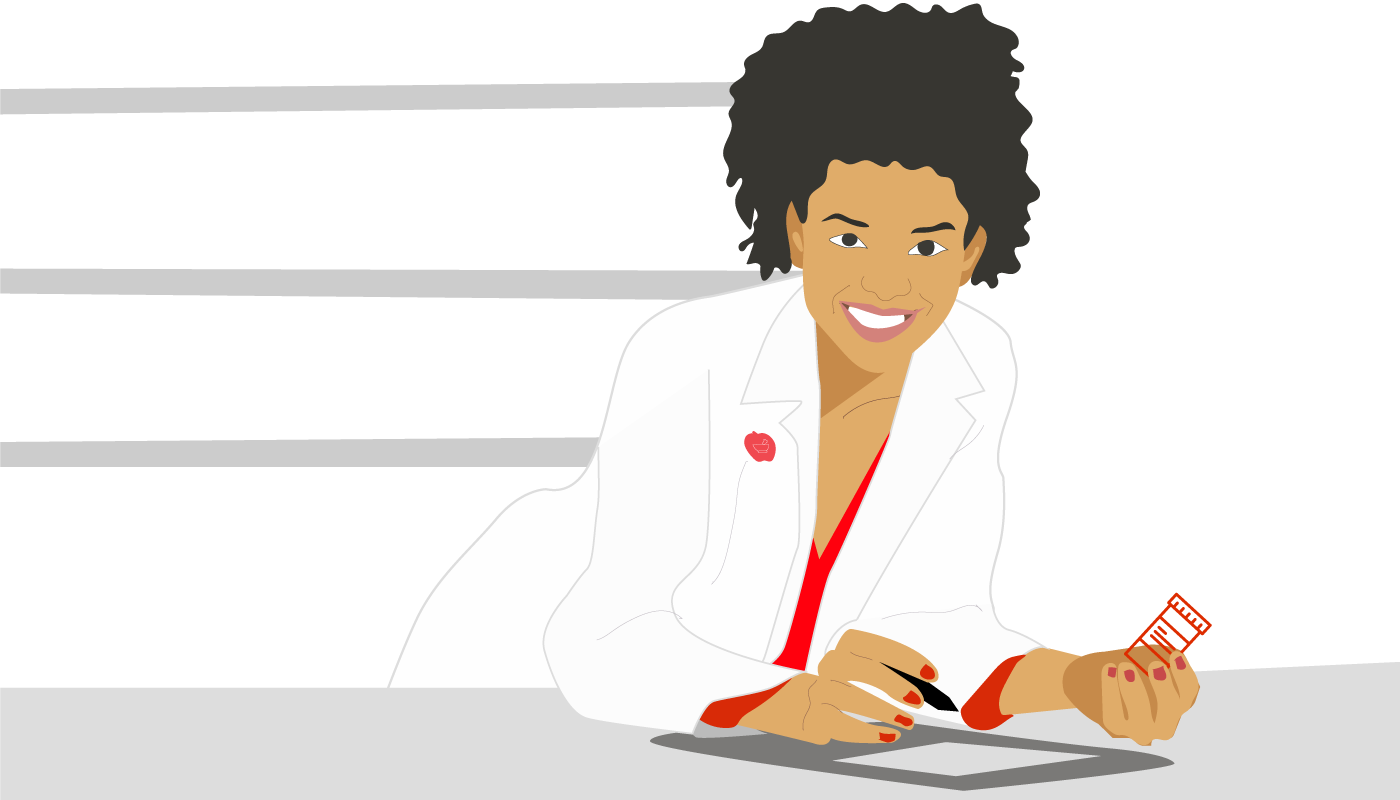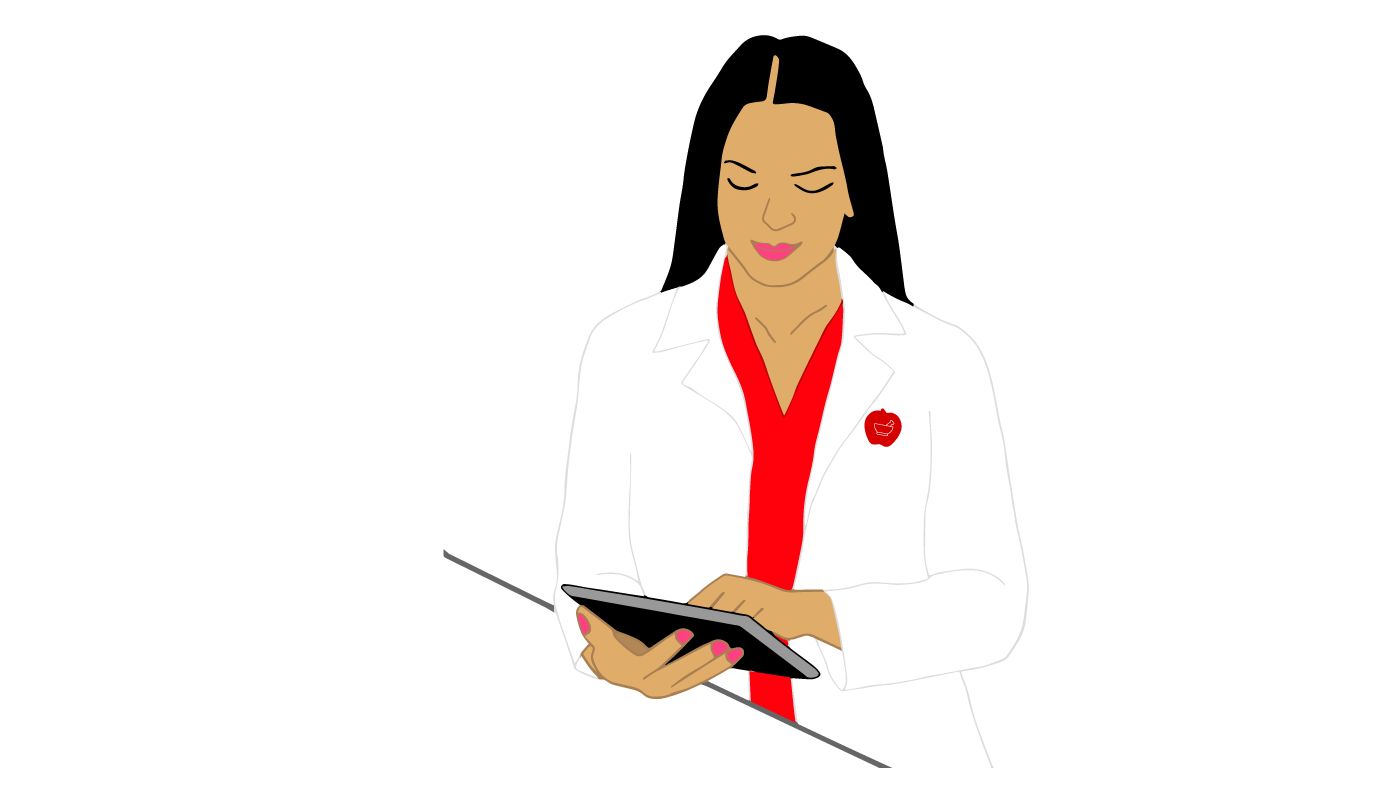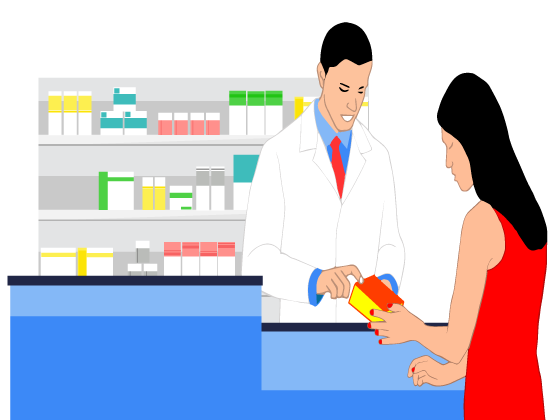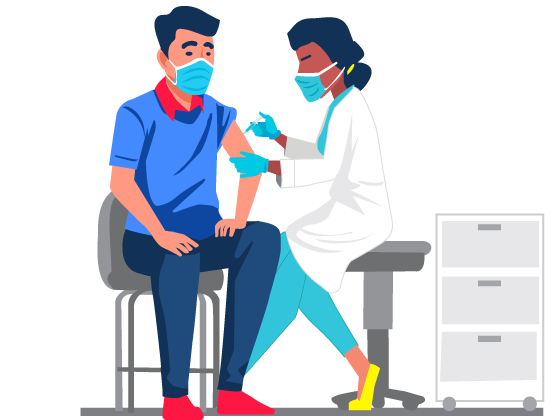
Take The Quiz
Pharmacist Recommendation
Not sure what CBD product to get? Use our interactive pharmacist recommendation quiz to make an informed decision.
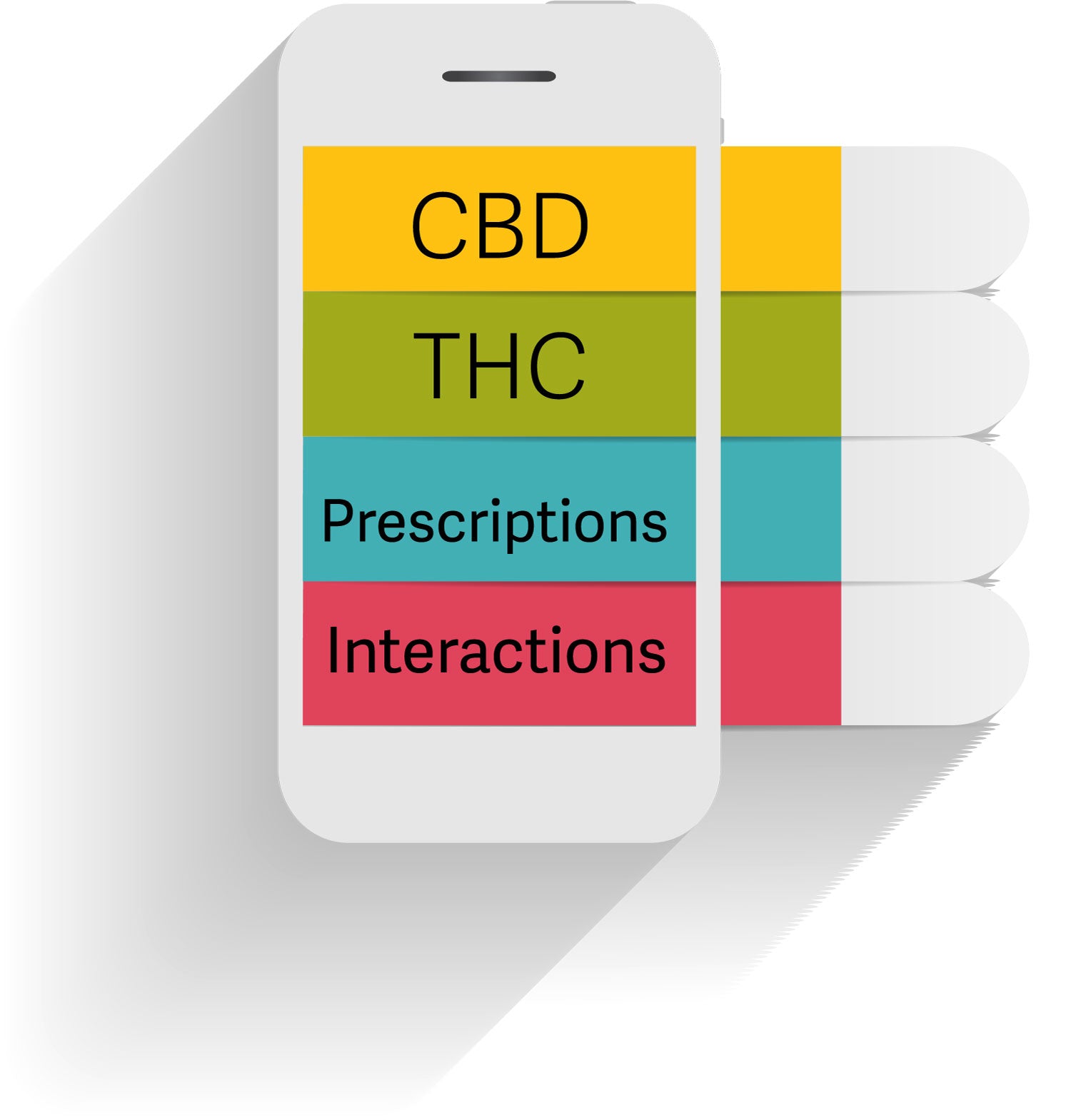
CBd Drug Interaction
Check CBD Drug Interaction
Does the prescription medication you are taking interact with CBD? Check drug interaction with CBD using CANN-DIR (CANNabinoid Drug Interaction Review) by PennState College Of Medicine.
Featured products
Best Sellers
Check out these best sellers. If new to CBD, we recommend starting with Ananda Professional Essentials Starter Kit.
CBD FAQ
Answers to questions our Pharmacists get daily regarding CBD.
CBD, HEMP, THC, MARIJUANA
CBD - Canna-Bi-Diol, THC - delta-9 Tetra-Hydro-Cannabinol are the most commonly know cannabinoids representing only two of the more than eighty biologically active compounds found in Hemp and Marijuana plants.
Both are plants of the same species, cannabis sativa, but hemp has much lower concentrations of THC (typically contains less than 0.3%) but higher concentration of CBD (3-4%). Marijuana often has higher concentrations of THC (>10%) and lower concentration of CBD (<1%).
THC is a psychoactive substance that influences the brain. It is a Schedule I controlled substance.
CBD is not a psychoactive substance.
Hemp is grown for CBD, while Marijuana is grown for THC. So it made sense for the 2018 Farm bill to remove hemp from the list of controlled substances and make it legal to grow. But Marijuana is still illegal to grow.
Chemically: The only chemical difference between Delta 8 and Delta 9 THC is the location of a double bond on the chain of carbon atoms. Delta 8 has a double bond located on the eighth carbon atom in its molecular structure; Delta 9 has a double bond on the ninth carbon atom.
Potency: Delta-8 THC is about one-quarter to one-third less potent than Delta-9 THC.
While CBD doesn’t have any psychoactive effects, Delta-8 THC has similar psychoactive properties to Delta-9 THC, although less potent than delta-9. It is also referred to as "Weed Light".
Effects: Delta 9 THC is the cannabinoid that most marijuana users are looking for when they want to get a euphoric high. It binds with CB-1 receptors in the brain and can produce strong psychoactive effects like elation, relaxation, talkativeness, and laughter.
Delta 8 users may be looking for the medicinal effect of this form of THC, like pain relief, anxiety reduction, reduced inflammation, and relief from insomnia.
Sourcing: Delta-8 THC products are synthesized, extracted and purified from cannabis-sourced CBD, while Delta-9 THC can be smoked or vaporized in flower (bud) form without requiring extraction, although edibles, topicals and other preparations do require an extraction process.
Delta 8 is found in hemp plant material in minimal amounts and harvesting enough raw plant material to profit off the low levels of Delta 8 would take too much time, effort, and money. Fortunately, hemp growers can now convert CBD to pure Delta-8.
Legality: Delta-8 THC is legal at the federal level, but it’s not legal in every state while Delta-9 THC is illegal at the federal level but legal recreationally and/or for medical use in several states. Go figure.
Uses
- Ingested CBD oil preparations have been used for pain, sleep and anxiety. Success vary individually.
- For hyperactive or anxious pets. Success vary among pets.
Pain and Inflammation:
Topical preparations are commonly used for muscle or inflammatory body pain. Their effect may last for 2-3 hours.
If you are looking to use CBD for muscle, inflammatory pain relief, we recommend starting with the topical applications to reduce the risk of side effects with the oil which include diarrhea and drowsiness.
Skin Care:
The skin is rich in CB1 and CB2 endocannabinoid receptors - which is why CBD topicals may be useful. Sebocytes (the cells which make up the sebaceous gland, responsible for secreting the oil/sebum that keeps skin smooth and supple) absorb cannabinoids via hair follicles.
This effect means that CBD can help moderate oil production, increasing or decreasing it as needed - useful for a wide variety of skin ailments.
Buying CBD
Full Spectrum means not only a blend of cannabinoids (CBD, CBG, CBDV, CBC, 0.3% THC) and terpenes but also an array of other beneficial nutrients from hemp, like amino acids and polyphenols.
Broad-spectrum CBD is nearly identical to full-spectrum CBD, but there is zero THC.
CBD isolate is 100% CBD – and nothing else.
Because full-spectrum CBD contains all cannabis plant compounds including THC, it may have a more potent effect than broad spectrum or pure CBD. Research suggests that CBD's health benefits may be more prominent when multiple compounds from the cannabis plant are present. This is what researchers call the 'entourage effect'. The term describes the synergy of consuming the entire nutrient profile of hemp simultaneously, which only true full spectrum products can offer.
Our pharmacists usually recommend Full Spectrum CBD. Broad Spectrum is considered if you need to stay away from THC for one reason or another.
They shy away from CBD isolates as it lacks the 'entourage effect'.
1. Where is the hemp cultivated?
Is it grown in the US or imported from India, China or some other places outside the country?
This is very important. Example:
Hemp is so good at extracting pollution from the soil that it was used by researchers in the early 1990s at Chernobyl.
In 2001, German scientists replicated these results by proving hemp could successfully pull lead, cadmium, and nickel from land contaminated with sewer sludge.
Then, in 2011, hundreds of Italian farmers teamed up by planting hemp to clean up the massive pollution from runoff at a nearby steel factory.
Our pharmacists recommend only CBD from hemp grown in the U.S. under the strict supervision of the USDA.
2. Certified Good Manufacturing Practices (cGMP)
3. Type of extraction method used to create the CBD.
4. Is the oil full-spectrum, broad-spectrum, or CBD isolate?
5. Has the CBD been third-party laboratory tested?
6. Has the company produced a certificate of analysis?
7. Does the CBD have a batch number/QR code?
8. Is the CBD dosage listed on the label?
9. Does the CBD claim to cure diseases? ..This affect the credibility of the company. Moreover they won't be around for long as the FDA will soon shut them down.
10. Drug Interactions - If you use our interactive CBD recommendation AI, our pharmacists will consider drug interactions with any prescription medications you are taking.
No. They are two different products.
The main difference between the two is the method of extracting CBD. For oil, manufacturers use carbon dioxide, but for tinctures, they utilize alcohol.
Through these different extraction methods, manufacturers end up with slightly different products: CBD oil contains CBD suspended in a carrier oil, while tinctures are typically glycerin- or alcohol-based solutions.
Generally, CBD oils will also contain a higher potency of CBD, but tinctures will have a longer shelf life.
Additionally, people can use CBD oil orally or topically, but it is not advisable to use tinctures on the skin as it will not be as effective and may irritate the skin.
In addition, a person can add CBD oils and tinctures to food and beverages. However, it is not advisable to do this with CBD oils, as it will likely not mix well, while some CBD oils may leave an unpleasant oily taste. However, water-soluble tinctures typically mix well in food and drink.
CBD for pets
Pet owners report a number of beneficial effects of using CBD to soothe anxious dogs from separation anxiety, loud thunderstorms, car travel, veterinary visits as well as social anxiety.
Although pet treats containing CBD are trendy, they almost always contain CBD isolate (as opposed to full spectrum hemp oil), and it is tough to fine-tune the dosage. A tincture allows you to adjust the dosage, drop by drop, especially crucial for smaller dogs/cats.
Our pharmacists recommend starting with 2mg of CBD for every 10 lbs of dog weight. For cats, start with 3mg of CBD for every 10 lbs of cat weight.
CBD usually takes 30-45 minutes to start working.
About 4 to 8 hours whether from oil or chews.
Side Effects / Drug Interactions
1. The FDA states that CBD products could cause serious side effects, such as liver injury.
2. The FDA strongly recommends that those who are pregnant or nursing avoid all products that contain CBD, THC, or cannabis.
3. The FDA warn that CBD products may result in:
- liver injury
- damage to male fertility
- changes in appetite
- drowsiness or sleepiness
- irritability or agitation
- diarrhea
Yes. CBD is processed and eliminated from the body by the same liver enzymes that remove drugs such as acetaminophen, antidepressants, dexamethasone, opiods (oxycodone, fentanyl, morphine), xanax, blood thinners, organ transplant drugs and even birth control pills to name a few. The liver metabolises a wide range of drugs the end result being to produce water soluble compounds which can be excreted in the bile. Now this does not mean CBD will interact with all medications processed by the liver.
Always let your doctor or pharmacist know if you are taking any CBD products.
We particularly like CANN-DIR by the Pennsylvania-designated Medical Marijuana Academic Clinical Research Center at Penn State. Use the link below to see if your medication may interact with Cannabinoids (THC & CBD).
Quality Control
100%. Currently, the Food and Drug Administration (FDA) do not regulate CBD products, so it is up to the buyer to choose quality products. To ensure the best quality extracts, check that the product has a COA, and a reliable laboratory has carried out third-party testing.
Avoid products from manufacturers who are not willing to provide the information or the labeling on the package is vague.
Avoid products and manufacturers that make disease prevention or cure claims. They will not be in business for long.
A certificate of analysis, or COA, is a form of quality control that confirms whether the product contains the quantities of CBD that the manufacturer claims or advertises.
A COA should come from a third-party source and not the manufacturer or brand to ensure accurate and unbiased results.
Other Questions
Ask for a more specific confirmation test, such as blood, hair, or HPLC.
We recommend letting your employer, medical provider, or whoever is administering a drug screen know that you may need to ask for a confirmation test ahead of time – just in case it becomes an issue.
You could also ask if they have any specific policies or information on using CBD products while undergoing drug screening.
YES, it can.
When asking whether or not CBD will cause a failed drug test, there are several variables to consider:
- Is your CBD full spectrum, broad spectrum, or isolate?
- How much CBD do you take, and how often?
- Medical factors (medications or health conditions)
- Your metabolic rate and activity levels
- Drug test variables (hair/saliva/urine/blood, different manufacturers/detection thresholds/derivatization agents)
